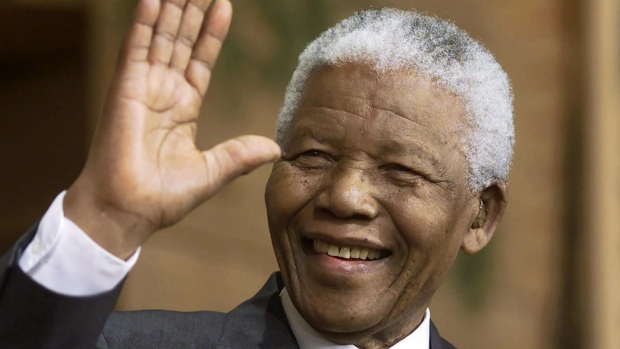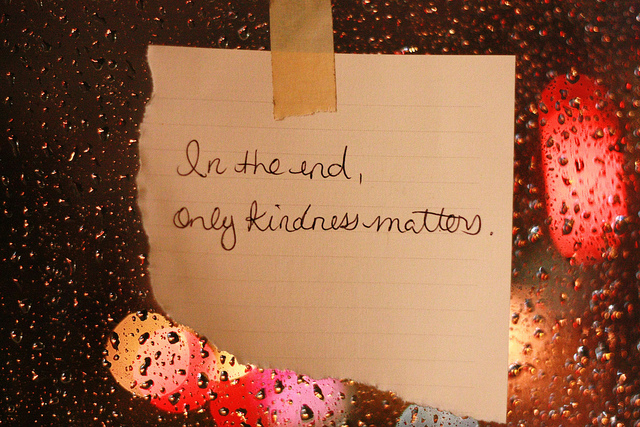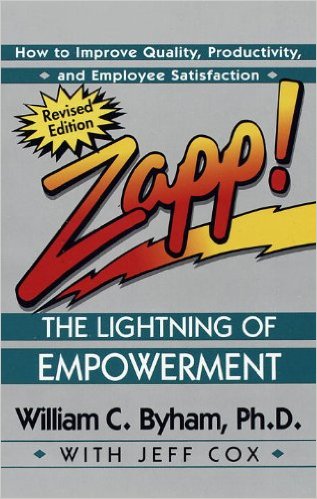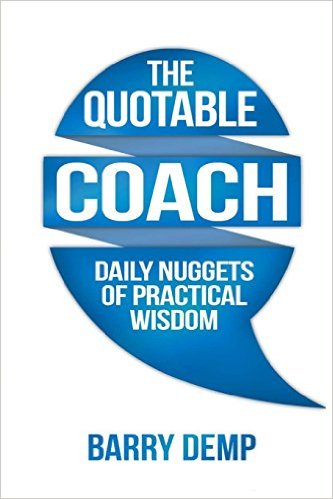“What if when you die, they ask: How was Heaven?”
-Author Unknown

Image from www.telegraph.co.uk
Close your eyes and imagine how heaven would look and feel. Take your time, explore all the vivid colors and inspiration beauty of this Utopian world.
Now imagine that you are a friendly alien visiting the earth for the first time, viewing this beautiful blue, green, and white world.
What if Earth were heaven? What if we were all too unaware to appreciate what was right in front of us all along?
EXERCISE:
Assume a “Heaven on Earth” attitude all day today, and consider sharing your thoughts with those you care about, or simply capturing your perspective in a journal or notebook.









